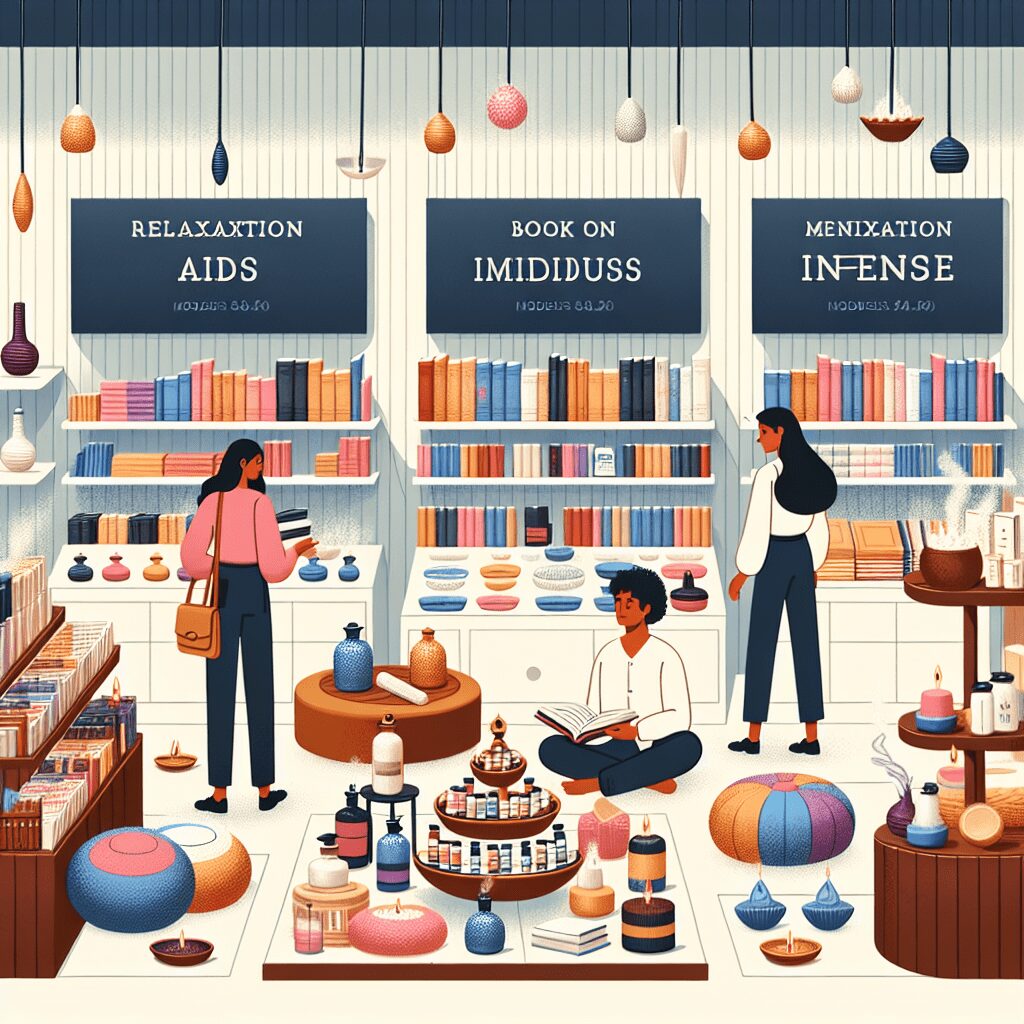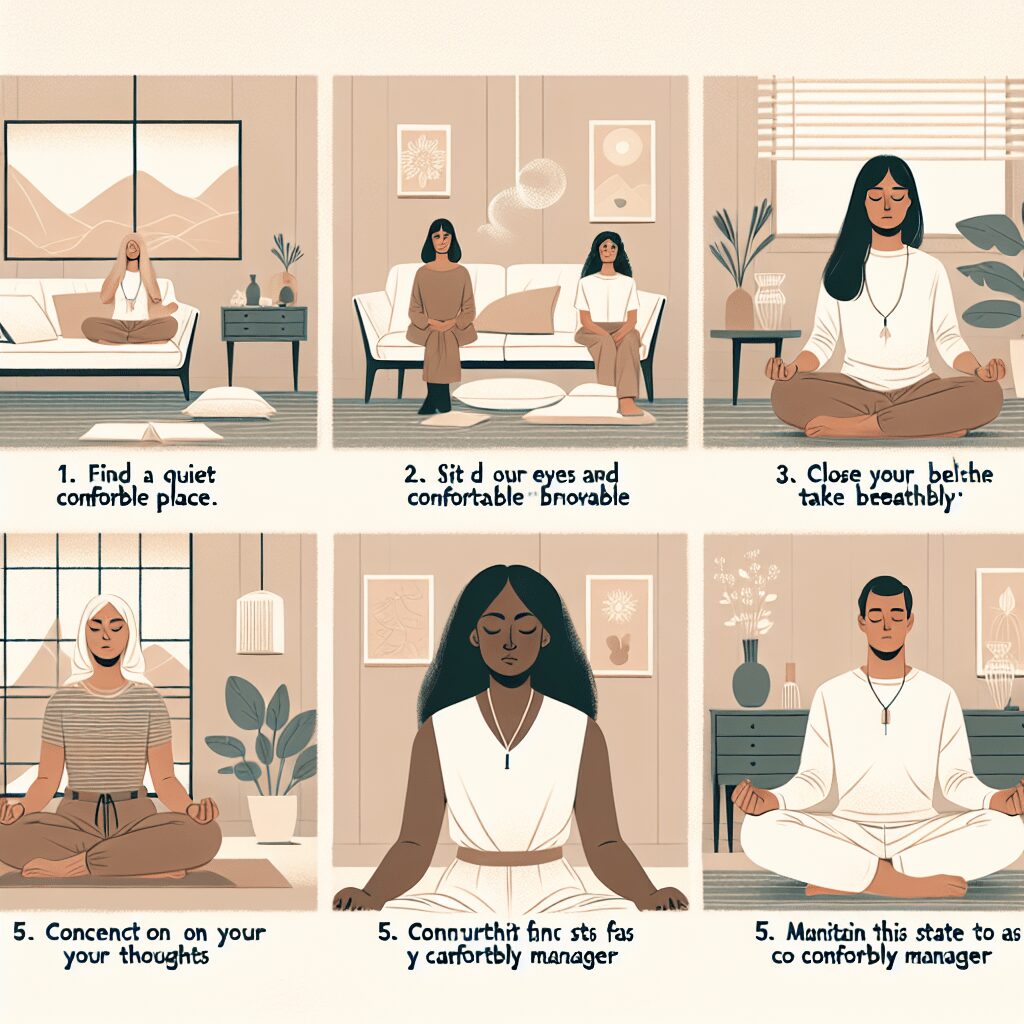
Prioritize your mental well-being daily. Enhance your life by nurturing your mental health with the Smart Meditation app. Break free from stress, alleviate anxiety, and enhance your sleep quality starting today.
How Does A Nurse Address A Patient Anxiety In An Emergency Situation?
Keeping Calm in the Storm: Addressing Patient Anxiety
Healthcare settings, especially in emergencies, can be the epicenter of stress and anxiety for patients. In these high-stake moments, nurses play a critical role in managing not just the physical ailments but also the whirling dervish of emotions their patients are going through. Let’s dive into the strategies that savvy nurses deploy to address patient anxiety during emergency situations.
The Power of Presence and Assurance
Amid the beep and bustle of an emergency room, the calm presence of a nurse can be a beacon of relief for anxious patients. Here’s how they ace it:
-
All Ears, Full Heart: Firstly, nurses listen. And not just passive, nod-along listening. We’re talking about active listening that lets the patient know that their fears are valid and acknowledged. This approach not only helps in gathering crucial information about the patient’s condition but also in building trust.
-
Breaking it Down: For someone not in the medical field, healthcare jargon can sound like a foreign language, pumping up anxiety levels. Nurses break down complex medical speak into bite-sized, understandable pieces. By ensuring that patients and their families are in the loop about what’s happening and why, nurses demystify medical procedures, making them less daunting.
-
Calm Encased in a Uniform: Ever heard of the saying, “Keep calm and carry on”? Nurses embody this, especially in emergencies. Their ability to remain composed, despite the chaos, provides a sense of security to patients. This is not just about keeping their emotion in check but also about displaying confidence in their actions and decisions.
-
A Touch of Comfort: Don’t underestimate the power of a reassuring touch. A pat on the back, holding hands, or a gentle squeeze can convey empathy and comfort, often more eloquently than words.
-
Tailoring the Toolbox: Every patient is a unique puzzle, and what calms one might not work for another. Some might need detailed explanations; others might just need a hand to hold. Nurses become adept at tailoring their approach, sometimes using humor to lighten the mood or employing distraction techniques for those who don’t wish to focus on the procedures being performed.
Bolstering Support Beyond the Immediate
Addressing anxiety doesn’t stop at providing information and ensuring comfort. Nurses look at the holistic well-being of their patients:
-
Looping in the Cavalry: Where necessary, nurses don’t hesitate to involve specialists, such as social workers or psychologists, to provide additional support to patients dealing with extreme anxiety or underlying mental health conditions.
-
Following Up: Even after the storm has passed, follow-up care is crucial. Nurses ensure that patients know what next steps to take, understand their medication and care instructions, and know whom to contact in case of further concerns.
In essence, when you find yourself in the whirlwind of an emergency situation, a nurse is much more than a healthcare professional; they are a navigator, a confidante, and a pillar of support. Through their expert mix of medical knowledge, empathy, and reassurance, they address patient anxiety, making a massive difference in the experience of receiving emergency care. So, the next time you encounter a nurse, remember, they’re the unsung heroes making the healthcare world a calmer, more navigable place for all of us.





